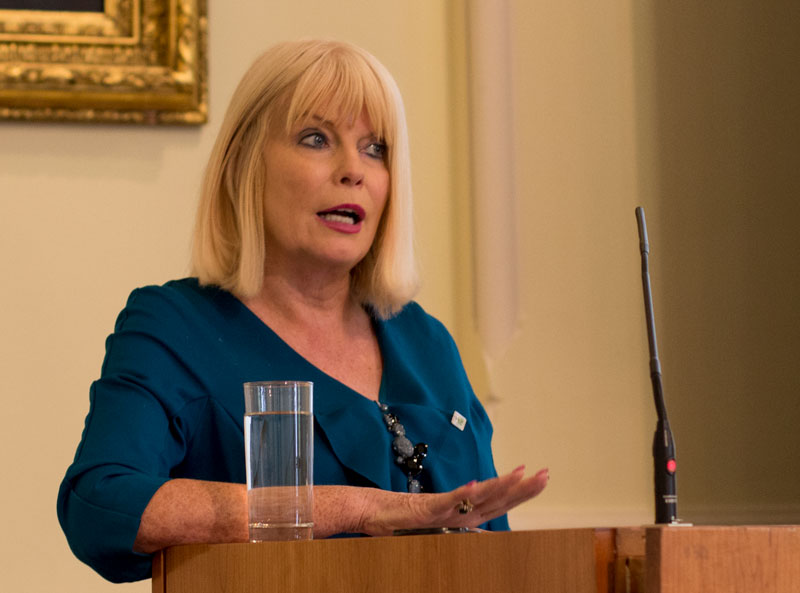The government has approved the creation of 20 new women-only professorships – including two in Trinity – as part of the first phase of a new initiative designed to improve gender balance at the top levels of third-level education.
Trinity will recruit two new chair professors – the highest grade of professor in the College – in mathematics and political economy, funded through the government’s Senior Academic Leadership Initiative.
The move was heralded by Minister for Higher Education Mary Mitchell O’Connor as a “game-changing moment in Irish academia”.
Trinity was one of 12 third-level institutes that was successful in its application to the government for funding to recruit new female professors, with University College Dublin, Dublin City University and Technological University Dublin also getting the green light for new appointments.
In a press statement, Mitchell O’Connor said she was “incredibly proud that this intervention will ensure a swifter gender re-balance, addressing the current-representation of women at the highest levels of our institutions”.
“I am delighted to be able to announce that 12 of our institutions have been successful under SALI”, she said, and added: “SALI is an international best practice example of the innovation and indeed ambition required to drive the delivery of gender balance objectives in our society.”
The Senior Academic Leadership Initiative was launched in June 2019 after a report found that only 24 per cent of university professors were female despite 51 per cent of lecturers being female.
At the time, the government announced it had allocated €3 million to fund new posts in 2020, and said the figure will rise to nearly €5 million in 2021.
In order to secure funding for the professorships, successful third-level institutes were asked to demonstrate that they had a gender action plan in place and that they are on track to meet their gender equality goals.
In Trinity, this will take the form of a new restructured Equality Office, including the appointment of a new associate vice-provost for equality, diversity and inclusion, after a confidential report – obtained by The University Times – criticised the “fragmented” nature of Trinity’s gender equality structures.
Reporting from this newspaper revealed that the College rushed through the appointment of Prof Clodagh Brook, an associate professor in Italian, to the position without discussion at College Board level, despite Provost Patrick Prendergast admitting he “would not normally ask Board members to make a decision of this importance via the email approval process”.
Board approved Brook’s appointment through email after Prendergast informed members that the College needed to have a senior equality advocate in place if it was to be successful in its application to the Senior Academic Leadership Initiative.
Explaining his decision to circulate the nomination by email, instead of bringing it forward for discussion at Board, Prendergast wrote: “I had intended to bring this nomination to the next Board meeting on 23 October for discussion and decision, yet there is an urgency of having this position in place in advance of this meeting.”
“Given that all other Irish universities have now created similar senior officerships at Vice-President level, our application would be seriously weakened if we were not able to say that this senior advocate for Equality is in place”, he wrote.
In 2017, The University Times revealed that, at the time, only 25 per cent of Trinity’s chair professors were women.







